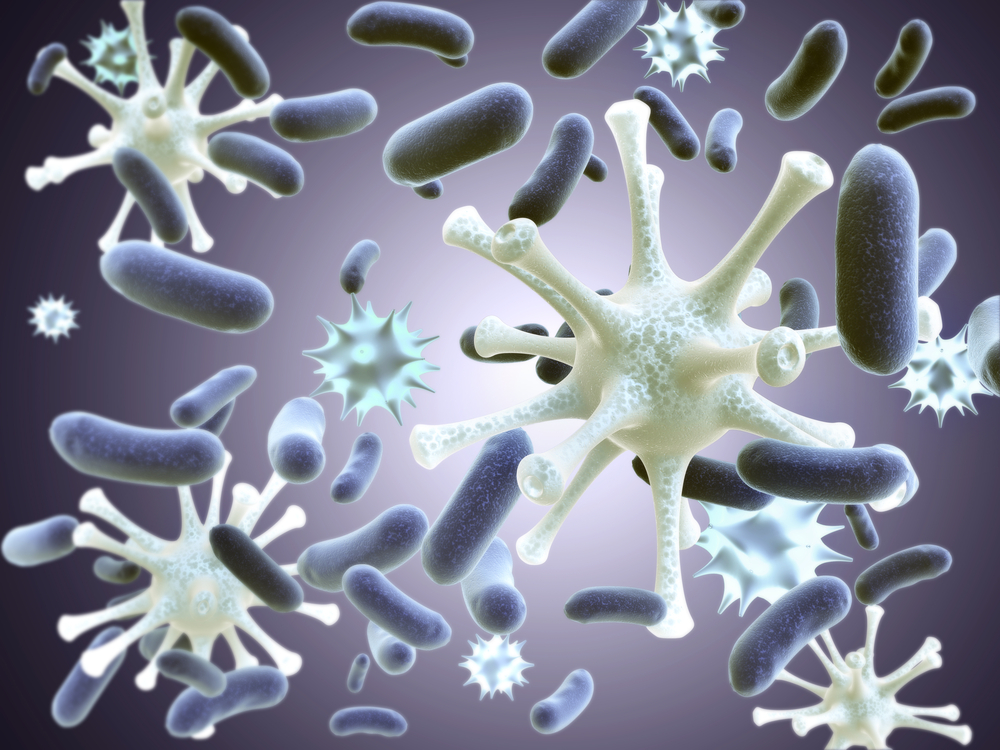A new therapy revealed synergism between an engineered “cancer terminator virus” and an experimental drug that aims to destroy primary and metastatic prostate cancer, according to researchers from the Virginia Commonwealth University (VCU).
The average survival for those suffering with metastatic, hormone-refractory prostate cancer, despite the available treatments, is no longer than two or three years. Due to the urgent necessity of other effective therapies, researchers at the VCU Massey Cancer Center and the VCU Institute of Molecular Medicine (VIMM) were driven to develop a unique approach that utilizes tiny gas bubbles to directly deliver a viral gene therapy combined with an investigational drug that targets a gene responsible for cancer growth.
This work was published in Oncotarget and utilizes a new “cancer terminator virus” (CTV), which is only replicated in cancer cells and allows the delivery of the toxic cytokine gene mda-7/IL-24 right into the tumor. The investigators added BI-97D6, an experimental drug that targets MCL-1 and others from the Bcl-2 gene family that provide cancer cells with resistance to therapeutic agents, promoting prostate cancer cell death without harming healthy prostate epithelial cells. This approach was confirmed through pre-clinical experiments on mice models of prostate cancer. The therapy killed cells at the primary tumor site and distant metastases by “bystander” anti-tumor activity boosted by the secreted MDA-7/IL-24 protein.
“We are at a point in our research where we have validated the efficacy of this combination treatment approach in preclinical animal models, and we now need to define its safety through toxicology and pharmacology studies. We are hopeful that this research will culminate in the development of a phase 1 clinical trial that will test the safety of this novel approach and potentially lead to an effective new therapy for advanced prostate cancer,” said Fisher.
Viruses attack hosts by introducing their own genetic material into the host cell, hijacking the cell and instructing it to start copying the genetic material from the virus instead of its own. Scientists managed to control the replication process through the introduction of a controlling element, the CCN1, in the genetic material. Scientists engineered the virus to deliver the tumor-suppressing and cell death-inducing gene mda-7/IL-24 into cancer cells to produce and secrete mda-7/IL-24, preventing tumor growth, stimulating apoptosis, inhibiting tumor blood vessel formation and promoting anti-tumor immune effects.
UTMD uses tiny gas bubbles that carry combined viral therapies, proteins and imaging agents to be released in site/target-specific to address cancer.
Fisher concluded: “This approach holds promise for the treatment of many different cancers. Our team is collaborating with researchers at Massey and at other institutions to move this research forward. We even plan to open a phase 1 clinical trial next year testing a different CTV expressing mda-7/IL-24 in patients with recurrent brain cancer.”

